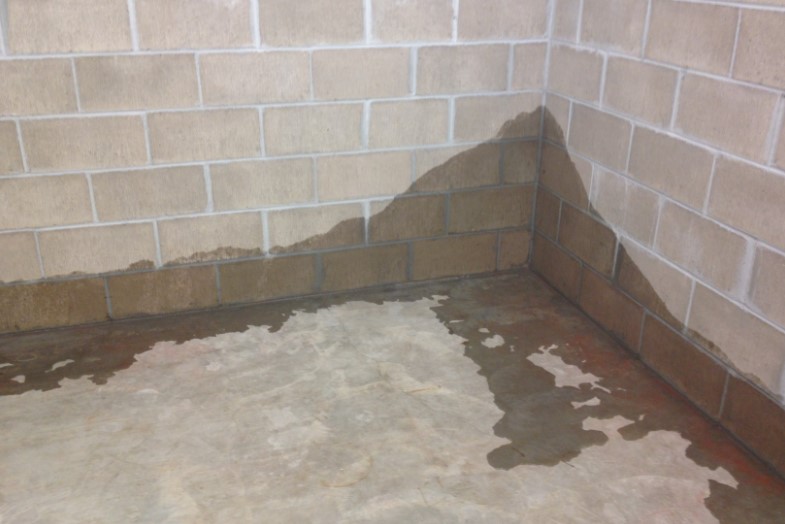
Identifying a basement water leak can be tricky. The water may be coming from several sources. For example, you may notice rust stains on your floors or carpet or have a storm sewer backup. If this is the case, you should call an expert in water leak Tucson right away.
Signs of a severe water leak
Having a water leak in your basement is a nuisance and can lead to severe property damage. If you suspect your basement is susceptible to a leak, you may want to take a few minutes to see what signs you can find. The water in your basement may be caused by various factors, from a natural disaster to a broken appliance. Nevertheless, a leak in your basement can cause significant damage to your belongings and foundation. As soon as you’ve noticed there is a leak happening, it would be a good idea to contact a Hendersonville NC emergency plumber (or one based elsewhere) to have the issue looked at in a timely manner. Getting an experienced professional on the job will ensure that the source of the leak is identified and managed so that the issue doesn’t reoccur down the line.
A broken pipe is the most common cause of water leaks in your basement. A burst pipe can cause a severe water leak and lead to mold, dry rot, and structural damage to your home. If the lines are underground, they may not even be visible.
A musty odor is one of the more apparent signs of a leak in your basement. This odor is a natural health hazard for anyone who is allergic. However, if the smell persists after a repair, it may be time to call in a professional.
Rust stains on concrete floors and carpet
Depending on the porosity of the concrete surface, you may need to use a chemical agent to remove rust stains. You can buy a chemical rust remover at most home improvement stores. You will need to follow the instructions on the bottle. You should test it out on a small area first. Then, if it isn’t practical, you can switch to a more powerful stain remover.
If you have a minor rust stain, lemon juice is a good solution. Lemon juice should be soaked for 10 to 15 minutes. If the color is more stubborn, you may need to apply white vinegar.
If the stain is mild, you may try a pressure washer. Make sure to use the correct nozzle. You want to remove the stain without damaging the concrete.
When cleaning, you should use a stiff brush. Again, make sure to wear gloves. You can also use a wire brush. The metal bristles on the brush will help remove the protective layer on the concrete.
Interior moisture sources
Identifying a basement water leak can be confusing at times. This is because basements are prone to seepage during the rainy season. However, it can be a cause for concern, mainly if the water stays hidden behind the walls for a long time.
One of the best ways to identify a basement water leak is by finding the source of the problem. Unfortunately, leaks can be caused by several sources, from bad pipes to an indoor clothesline. The good news is that leaks are often simple to fix.
A leaky pipe is the most apparent source of water entering the basement. In addition, cracks in the foundation can cause water to enter. If the cracks are large enough, they may cause structural damage.
Another way to identify a basement water leak is to consider the moisture content of the concrete. New concrete can have up to 0.1 gallons of moisture per square foot of floor. This is a significant amount of water, and it should be addressed.
Storm sewer backup
During a storm, there is a chance that your home will suffer from sewer flooding. This can cause damage to your home and be a health hazard. You must contact a plumber immediately if you have a sewage backup in your home. You can also report the problem to your local public works office.
Sewers are usually overwhelmed by downpours and melting snow. However, they may also be overwhelmed by tree roots that grow on public or private property. These roots can block the sewer line, causing it to back up into your home. If this occurs, it is crucial to clean the sewer line to prevent any health hazards.
The best way to prevent sewer flooding is to check your sewer line for blockages regularly. This will help avoid the need for repairs later. In addition, if you live in a flood plain, you may be required to carry flood insurance. This insurance will reimburse you for living expenses during a flood. This coverage is available from most insurance companies.
